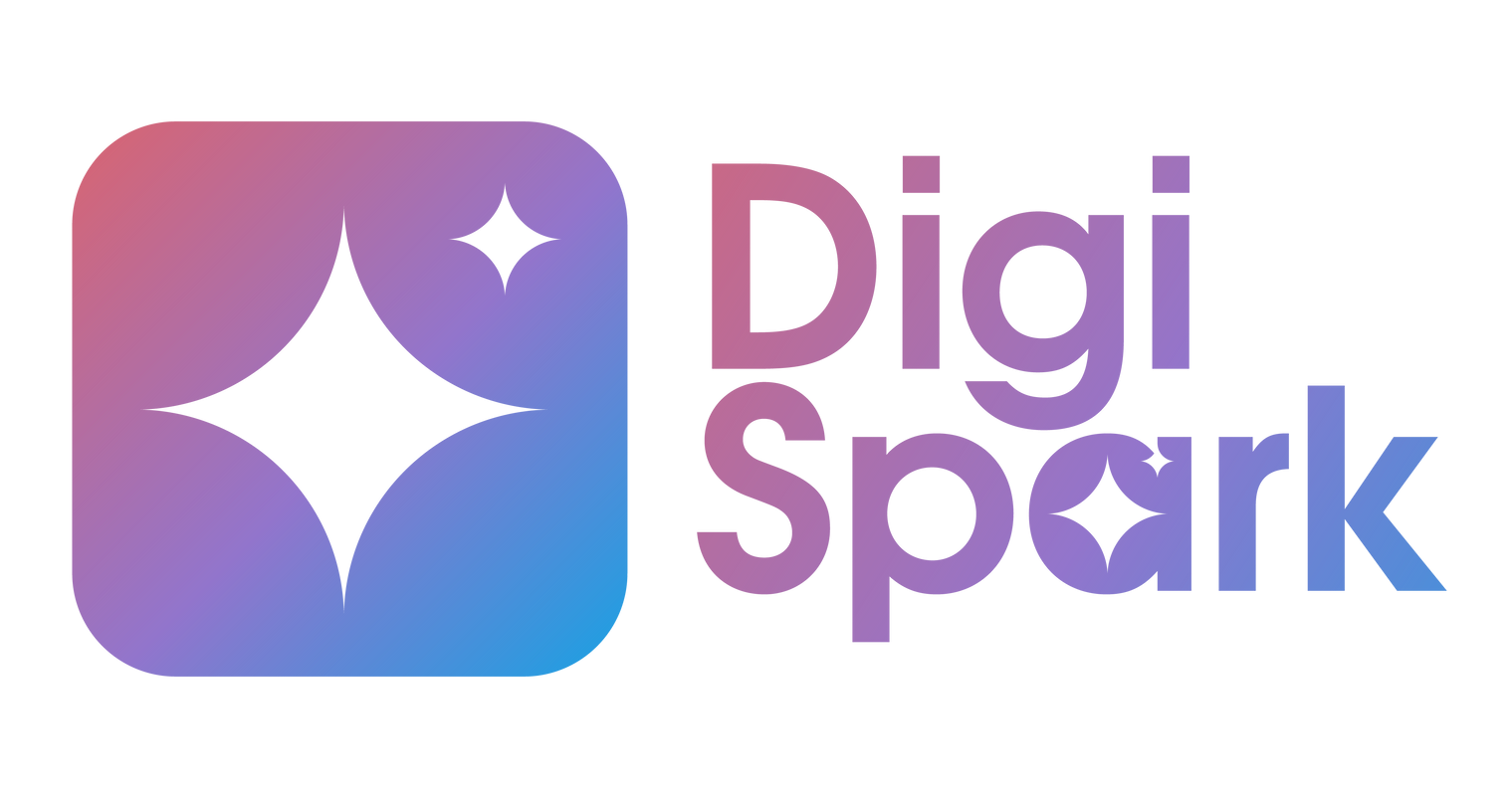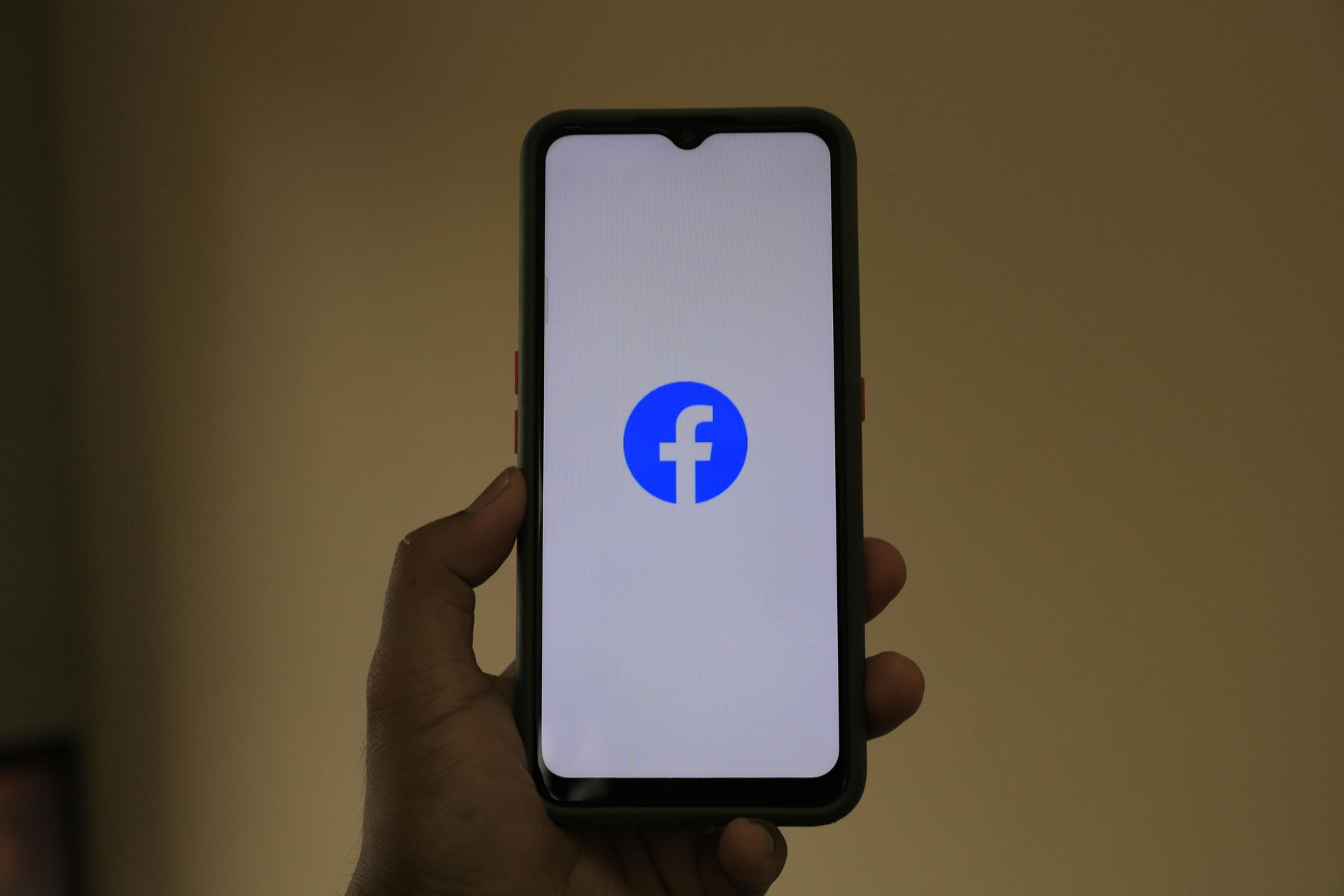Generative Engine Optimization (GEO): The Future of SEO in the Age of AI
As the digital world continues to evolve, traditional methods of search engine optimization (SEO) are rapidly being augmented by more advanced technologies. One of the most exciting developments in SEO today is Generative Engine Optimization (GEO). GEO combines AI-powered generative models with the traditional principles of SEO, creating a more efficient and dynamic approach to content creation and optimization.
But what exactly is GEO, how does it work, and why is it becoming so crucial for marketers in 2025? Let’s explore.
What is Generative Engine Optimization (GEO)?
Generative Engine Optimization is the practice of using AI-driven generative models to enhance and optimize website content, making it more discoverable, relevant, and engaging for search engine algorithms. Unlike traditional SEO, which relies heavily on keyword-focused content creation and backlinks, GEO leverages AI to produce content that is not only optimized for search engines but also for user intent and engagement.
At its core, GEO focuses on generating high-quality content that aligns with both search engine algorithms and user expectations. This could involve creating articles, blog posts, social media content, or product descriptions that cater to specific topics, queries, and even long-tail keywords, using tools that can generate content at scale.
How GEO Works: The Role of Generative AI
The rise of AI technologies like GPT-3 and OpenAI’s tools is at the heart of GEO. These generative AI models are capable of understanding vast amounts of data and producing human-like text that resonates with both search engine algorithms and audiences. Here’s how it fits into the SEO process:
Content Generation: Generative models can quickly produce relevant, high-quality content tailored to specific keywords, topics, and user needs. Instead of spending hours manually writing content, businesses can rely on AI to generate unique articles, meta descriptions, and product listings that are optimized for SEO.
Contextual Relevance: One of the key features of generative engines is their ability to understand context. They can optimize content not just for specific keywords but also to meet user intent. This is important because search engines, like Google, are increasingly prioritizing content that matches a user's search query in terms of intent, not just exact keyword matching.
AI-Enhanced SEO Strategies: GEO uses AI to suggest improvements in existing content. It can analyze what works on top-ranking pages and automatically generate optimized content strategies, such as recommending relevant subheadings, keywords, and questions to include.
Natural Language Processing (NLP): With NLP capabilities, generative models can understand nuances in human language, which makes content appear more natural and engaging. This improves the chances of ranking higher on search engine results pages (SERPs) while providing valuable, user-friendly content.
Why is GEO Important for SEO?
- Scalability: One of the most significant advantages of GEO is scalability. AI models can generate vast amounts of content in a fraction of the time it would take a human writer, all while ensuring it’s optimized for SEO. This is especially useful for businesses that need to consistently produce content at scale, such as e-commerce sites or news outlets.
- Efficiency: GEO allows businesses to streamline their SEO process. Content generation, optimization, and refinement are done quickly, enabling marketing teams to focus on higher-level strategies. SEO that once took weeks can now be completed in days or even hours with generative engines.
- Enhanced Content Personalization: Generative AI models can create personalized content for different user segments. This personalization increases the likelihood that users will engage with the content and share it, driving up website traffic and improving SEO rankings.
- Adaptation to Search Engine Changes: Search engines like Google continuously evolve, incorporating AI and machine learning into their ranking algorithms. GEO ensures that businesses can stay ahead of these changes by automatically adjusting content strategies based on the latest trends and search engine behaviors.
The Benefits of Generative Engine Optimization
- Improved SEO Performance
GEO can help improve website rankings by optimizing content for both search engine algorithms and user intent. By producing high-quality, relevant content at scale, businesses can attract more organic traffic and rank higher for a variety of search queries. - Cost-Effective Content Creation
Hiring content creators or relying on traditional SEO methods can be expensive and time-consuming. GEO reduces costs by automating much of the content creation process. This allows businesses to allocate resources to other important aspects of their marketing strategy, like social media, outreach, or product development. - Better User Experience
GEO enables businesses to create content that is not only optimized for search engines but also engaging for users. Content produced by generative AI models is often more aligned with what users want to know, creating a better overall experience and encouraging longer visits to the site. - Future-Proofing SEO
As search engines become more sophisticated, the role of AI and machine learning in SEO will only grow. GEO helps businesses future-proof their SEO strategies by leveraging these technologies early on, staying ahead of competitors who may still be relying on traditional methods.
Challenges of Generative Engine Optimization
While the benefits are clear, there are a few challenges businesses must be mindful of when implementing GEO:
- Quality Control: AI-generated content may need human oversight to ensure it meets brand standards and resonates with the target audience.
- Avoiding Over-Optimization: Over-relying on AI to produce content might result in keyword stuffing or overly optimized content that doesn’t feel natural to readers.
- Dependence on Technology: Businesses that rely heavily on AI models for SEO may miss the human touch needed to make content truly unique and engaging.
The Future of GEO in Digital Marketing
Generative Engine Optimization is a game-changer for SEO, offering businesses a more efficient, scalable, and effective way to create content and drive traffic. As AI and machine learning technologies continue to evolve, we can expect GEO to become even more sophisticated, helping businesses deliver content that is not only optimized for search engines but also for users’ needs.
By leveraging GEO, marketers can stay ahead of the competition, adapt to changing search engine algorithms, and provide a more personalized, engaging experience for their audiences. The future of SEO is generative—and it’s here to stay.
This should give a clear understanding of Generative Engine Optimization and its significance in the world of SEO in 2025. Let me know if you need further details!
SHARE THIS ARTICLE
Crafted by Our Digital Experts
DigiSpark Digital Marketing Insights





